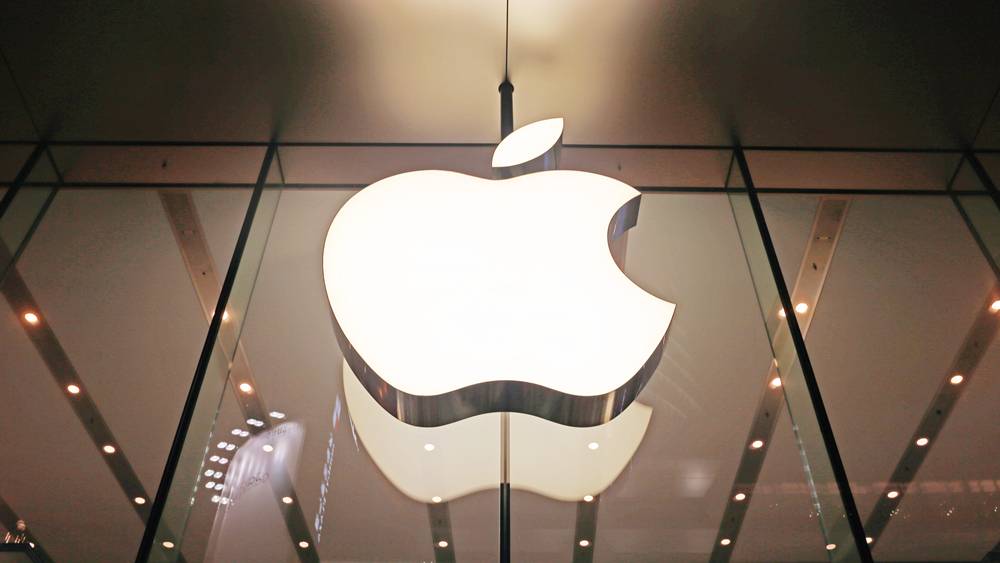Apple and Broadcom reach an agreement to jointly develop FBAR filter chips and 5G components
On Tuesday, Apple said it had reached a multibillion-dollar deal with chipmaker Broadcom to develop components for 5G and other wireless connections.。
On Tuesday, Apple said it had reached a multibillion-dollar deal with chipmaker Broadcom to develop components for 5G and other wireless connections.。
Apple said that under this multi-year agreement, Broadcom will jointly develop FBAR filter chips with Apple。The FBAR filter chip is part of the RF system。In 5G technology, radio frequency systems are mainly used to convert digital signals into radio waves for wireless transmission of signals, which can help iPhones and other Apple devices connect to mobile data networks。The components will be designed and manufactured at several facilities in the United States, including Fort Collins, Colorado, where Broadcom has a major manufacturing base.。
The companies did not disclose the size of the deal and did not say which products would use the products in question.。But Broadcom revealed that the new agreement requires the company to allocate to Apple "sufficient manufacturing capacity and other resources to produce these products."。Regarding the timing of the delivery, there are rumors that Apple's 5G modem will be delivered for the first time in late 2024 or early 2025.。Neither Apple nor Qualcomm has confirmed this.。
Broadcom and Apple previously signed a three-year, $15 billion agreement that expires in June.。Bernstein analyst Stacy Rasgon said the development was positive for Broadcom, though neither company said how long the new deal would last.。
Apple has always wanted to reduce its dependence on third parties.。A year after acquiring most of Intel's mobile modem business, Apple began internal 5G research and development in 2020.。Apple has not been shy about the plan, recruiting 5G developers, opening a factory in Santiago, where Qualcomm is headquartered, and setting up an office in Munich that focuses on its wireless business.。
There were media reports earlier this year that Apple was working to promote the use of self-developed parts in devices including its Wi-Fi and Bluetooth, and that Broadcom's chips would no longer be used by 2025.。
However, now that the two companies have reached a new agreement, it shows that Apple's self-research path is not easy.。Key components of Apple's Wi-Fi and Bluetooth chips include the FBAR filter, and the Fort Collins manufacturing facility is Broadcom's only base for producing the component。The new agreement shows that Apple and Broadcom's "breakup" is not so easy。

Apple and Broadcom's continued cooperation could be a major blow to Qualcomm。While Qualcomm has diversified its chip manufacturing with in-vehicle technology and low-power hardware, the company still relies heavily on sales of cellular modems and counts Apple among its biggest customers.。Qualcomm will have to rely more on Android phone makers to shore up its profits。But Qualcomm's chips for Windows PCs have struggled to compete with similar X86-based chips.。
Commenting on the fact that the components in the new agreement will be manufactured in the United States, Apple CEO Tim Cook said in a statement: "All of Apple's products rely on technology designed and manufactured in the United States, and we will continue to deepen our investment in the U.S. economy."。Apple says it currently supports more than 1,100 jobs at Broadcom's Fort Collins manufacturing facility.。In addition, Apple has been steadily diversifying its supply chain, building more products in India and Vietnam, and the company will also source chips from a new TSMC plant in Arizona.。
Eagle Statement: This article is for reference only and does not constitute personal investment and operational advice.。Special reminder, the article is original content, without permission may not be reproduced。
·Original
Disclaimer: The views in this article are from the original Creator and do not represent the views or position of Hawk Insight. The content of the article is for reference, communication and learning only, and does not constitute investment advice. If it involves copyright issues, please contact us for deletion.